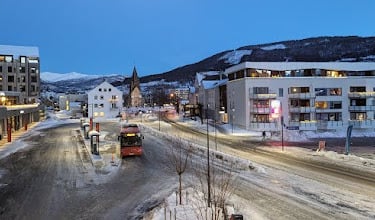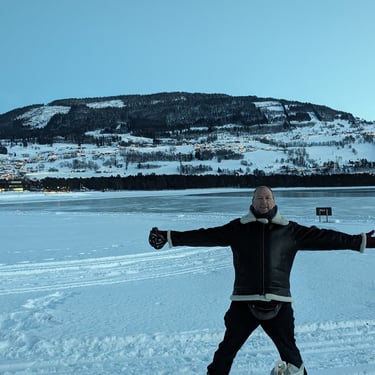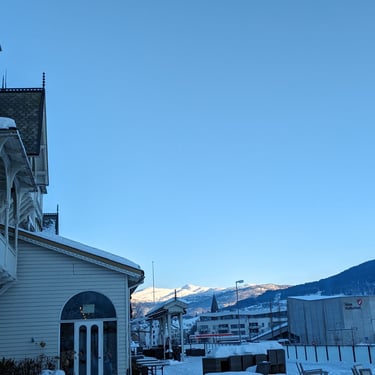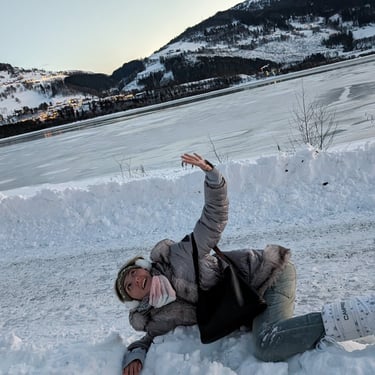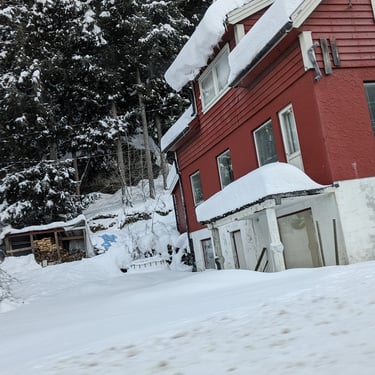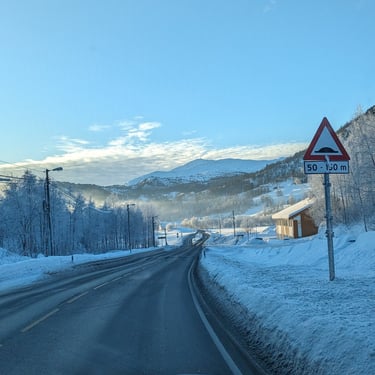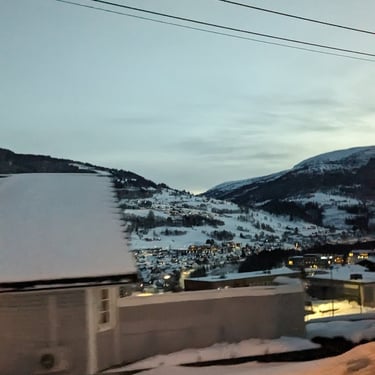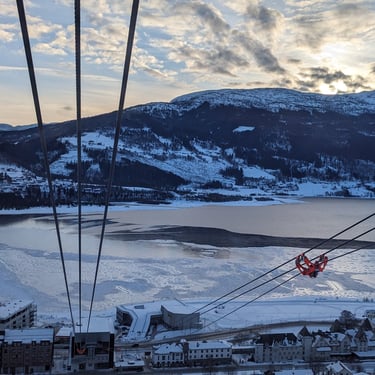Norway
My recent findings of Norway on my trip
By Annabelle
1/1/20242 min read
I recently took a trip to Norway, where, alongside meeting family for the first time, I learnt about how the country itself works in terms of politics, culture and especially its economy. It's widely known that Scandinavian countries are very prosperous in many of its departments, and I want to delve deeper into the logistics, possibly, so others can follow.
Pre-Industrial revolution, Norway was considered the most underdeveloped country within the Scandinavian Kingdoms, as you would imagine, a lovely viking family on their quaint farm selling crops to survive was the majority contribution to the economy. As the 19th century rolled in, so did the growing demand for its abundance of crude oil and natural gas which inflated its affluent economic status by copious amounts . Not only this, today, Norway is the world's leader in renewable energy, making good use of its natural resources and has been recognised as one of the best places to live. To support the high standard of living in Norway, an average tax rate of 27.3% funds welfare programmes including, universal healthcare, free education and generous parental leave. I also found that the working weeks are shorter, holidays are longer, most speak English very well and the well known fact that everything costs more more more. But this is because unlike us tourists, the Norwegians are paid enough to align with the costs of living.
In comparison to the rest of the world, Norway has a very low poverty rate and its extreme poverty measurement is next to non-existent. A fair society…But how?
Many reasons contribute to the equilibrium reached in Norwegian society around class and income and one being taxes and the other being state ownership. I learnt that the Norwegians do not own their houses, but rent to the government to have rights to the land it's built on, this is often at the cost of the government in order to ensure environmental sustainability and reduce class inequality. It does this by preventing saturation of wealth in the few elite, and poverty in the majority, like most other societies. However, like anything, it's not all good, due to its non profit agenda, profit driven success is not a motive and can lead to massive losses. Not only this, we are not new to the idea of corruption in our governments shown throughout history, and the taxes could end up for the taking. Due to their balanced system, Norway has such a low crime rate and is known for being the safest place to live; this implies, in Norway, there is no reason to commit crime as the government provides. The Norwegian police force is one of the only to not carry weapons in daily service. But, we can't always trust the statistics, as white collar crime often goes unnoticed and not prosecuted.
On a lighter note, Norway has its own monarchy and much like England, the King's duties are mainly ceremonial and the power is held with socialist Labour party Jonas Gahr Støre. During my visit in January, I found that many Norwegians laughed about the youth of their king passing down the crown in comparison to the UK’s aged King haha.
And finally, the obviously beautiful scenery of the Norwegian fjords are breath-taking and the fluffy snow endlessly fun. The majority of income for my family's hometown village in Vossevangen was the tourist shops including holiday resorts for skiing trips where the wealthy love to splash the cash!
